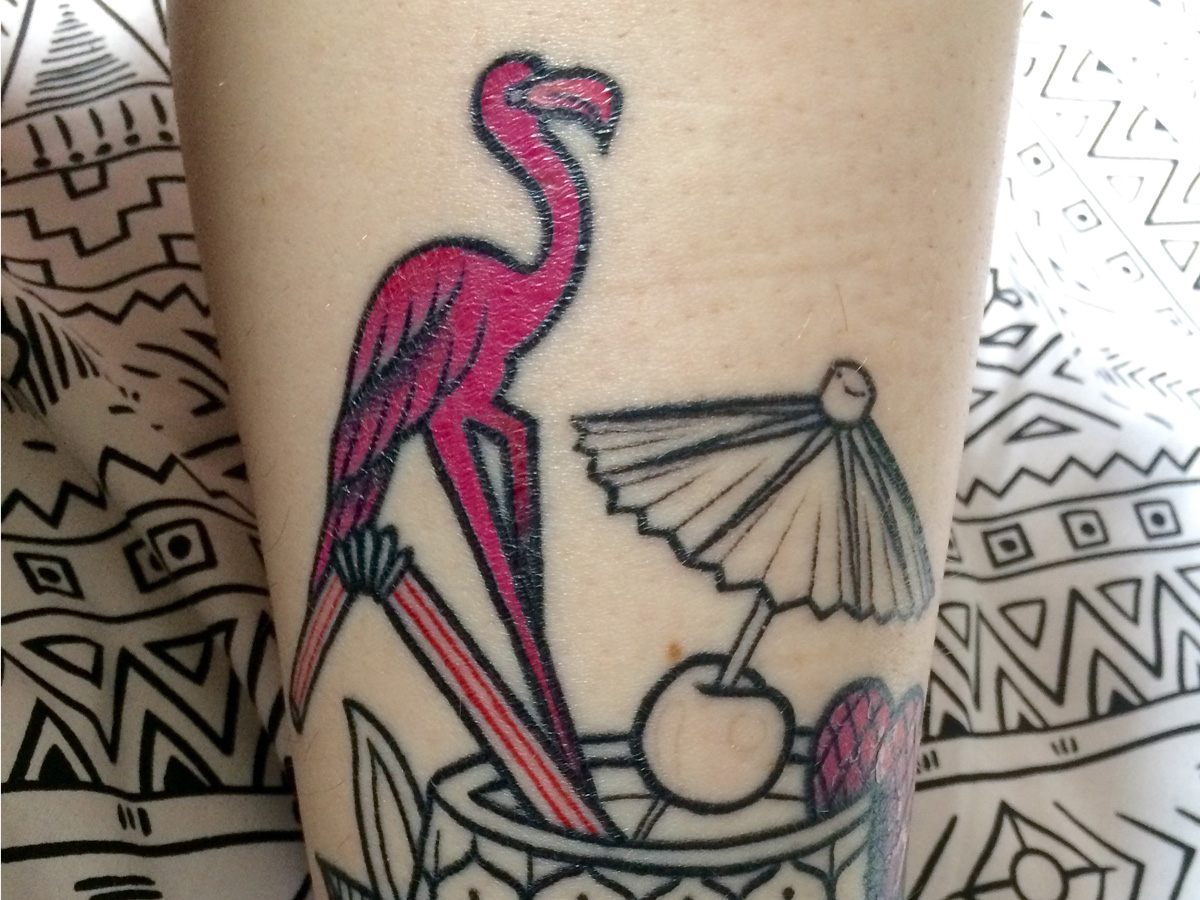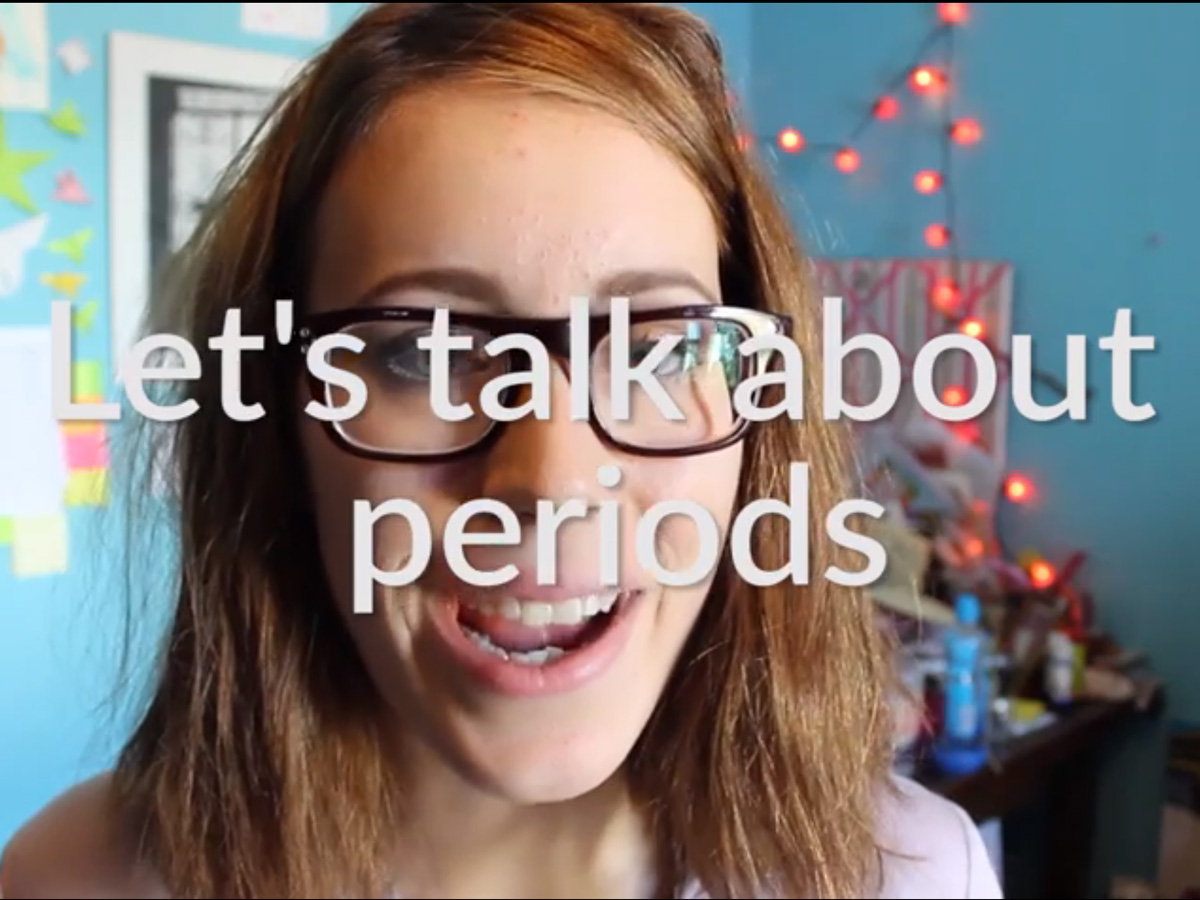Five Things To Consider If You’re Getting A Tattoo
If you’re over 18 and looking at getting a tattoo, don’t make a rash decision. Jodie has some tips for you.
[DISCLAIMER: It is illegal to tattoo young people under the age of 18. You must be at least 18 years before you can have a tattoo; it is illegal for anyone to have a tattoo under 18 even with parental consent. This piece is for those of you who are over 18 and thinking of getting one.]
Tattoos are an interesting and beautiful art form when done well.
It’s no secret that tattoos are becoming an increasingly popular form of self-expression and according to a survey from the Huffington Post, Bristol is the 10th most tattooed city in the UK. They are losing the stigma of only branding the arms of sailors or criminals, and are making their way onto the bodies of more and more people.
Tattoos are an interesting and beautiful art form when done well. I’m fascinated by the stories behind tattoos, the many different styles (realism, neo-traditional and dot-work to name only a few) and the artists who create them.
From around the age of 14 I’ve known I wanted to get tattoos. As I waited patiently until I was old enough and knew what I wanted, I spent hours and hours researching everything there is to know about the art so I wouldn’t end up getting something I regretted.
So if you’re thinking of getting a tattoo yourself, or are just interested in them, here are some things to consider before you go under the needle.
1. Price
There’s a golden rule when it comes how much a tattoo will cost; a good tattoo isn’t cheap and a cheap tattoo isn’t good. It varies between artists, but be prepared to pay around £40 minimum for something small. A bigger, palm-sized piece in colour may cost you around £200 dependent on the artist.
Tattoos are expensive for a reason, and artists set their prices according to their skills and experience. This is why when looking for an artist you shouldn’t shop around for the best price, but for the best quality. It’s worth paying more for a well-trained professional with high quality tools than the cheapest just because you want to save money. Think about it, this is something that will be on your body permanently, do you want it done cheap or well?
If your budget at the moment doesn’t allow an expensive tattoo, it’s definitely better to wait until you can afford to pay for an experienced artist’s quality service instead of getting something questionable on the cheap.
2. Placement
The bad news is, all tattoos hurt. It’s tiny needles piercing your skin over and over rapidly for a long period of time. Luckily the more tattoos you get the easier it is to handle the pain, but it pays to have your first tattoo in a less sensitive area so you can ease into the world of tattooing relatively comfortably.
For a first tattoo, the most painful areas will most likely be your feet or ribs. Even though these are really popular areas to get a tattoo (thank you Pinterest), these are also two of the most sensitive areas to tattoo as they are so boney. More “meaty” areas like the thigh will be a lot less sensitive so are a good starting point.
Another factor to consider about placement is that, unless you’re really, really sure, don’t get anything on your hands, neck or face for your first tattoo. Although attitudes have improved greatly over the years, workplaces still aren’t completely accepting of visible tattoos so anything in these areas may be frowned upon.
3. Artist
The first step with finding the right artist for you is to have a look at tattoo shops that are in your local area.
While you’re hunting for the perfect artist, remember that every tattooist will have a certain style they specialise in and you may have to travel a distance if there is no one in your area with the style you want. If you want a traditional piece, it’s a better idea to travel to an artist who specialises in traditional for example, rather than go to the artist who specialises in realism who is closer to you. Some artists will even refuse to tattoo you if they know they won’t do create the best tattoo they can for you.
In my case, after unsuccessfully looking for an artist in my local area, I ended up travelling to London for a specific artist who specialised in neo-traditional colour work. His work was the exact style I wanted and I knew he would create an amazing piece of artwork. I’m so glad I made this decision, as even though I spent more money and it took more effort to get there, I walked out with some beautifully done tattoos that look exactly how I wanted them too.
4. Artwork
Arguably the most important point – what do you actually want tattooed? This is completely up to you, but the number one rule is don’t steal another person’s tattoo.
It’s theft of the artist’s original artwork, and similar to stealing as another artist is making money off of someone else’s hard work. A tattoo artist might not copyright the art they create, but it’s best to treat it as though they do. It would be a slap in the face to a reputable artist to take in a different artist’s work and say “I want this exactly.” It’s basically saying “Yeah your work may be good, but I think this is better.”
By copying another person’s tattoo, you are also disregarding the personal meaning behind the original. That beautiful and unique design you love may be a tribute to a person’s late grandmother. It would be a bit odd to get a tribute to someone else’s grandmother permanently tattooed on you, right?
If it’s a design you absolutely love and are sure you want, see what could be changed on it to make it more personal to you or just take elements of it to create something that has been inspired by it, instead of ripping it off completely.
5. Aftercare
Caring for a tattoo doesn’t stop after it’s healed.
Once you’ve gotten the tattoo, it will get cleaned and wrapped up by the artist and you’ll be sent on your way. The first couple of weeks after getting a new tattoo are crucial to its healing and how it will look for the rest of its life. You have to keep it clean, moisturised (but not too moisturised) and you can’t scratch or pick it. Ignore any of these steps and you’ll risk getting a nasty scab, the ink fading or actually the ink falling out completely.
Once it’s fully healed in up to 4 weeks, you need to keep it moisturised just like you would with normal skin and keep it protected from the sun to stop the ink fading prematurely. You need to be prepared and committed to look after it, so bear this in mind.
If you’re an artist, tattoo or not, check out Paper Arts, who does a lot to support the Bristol art scene.









